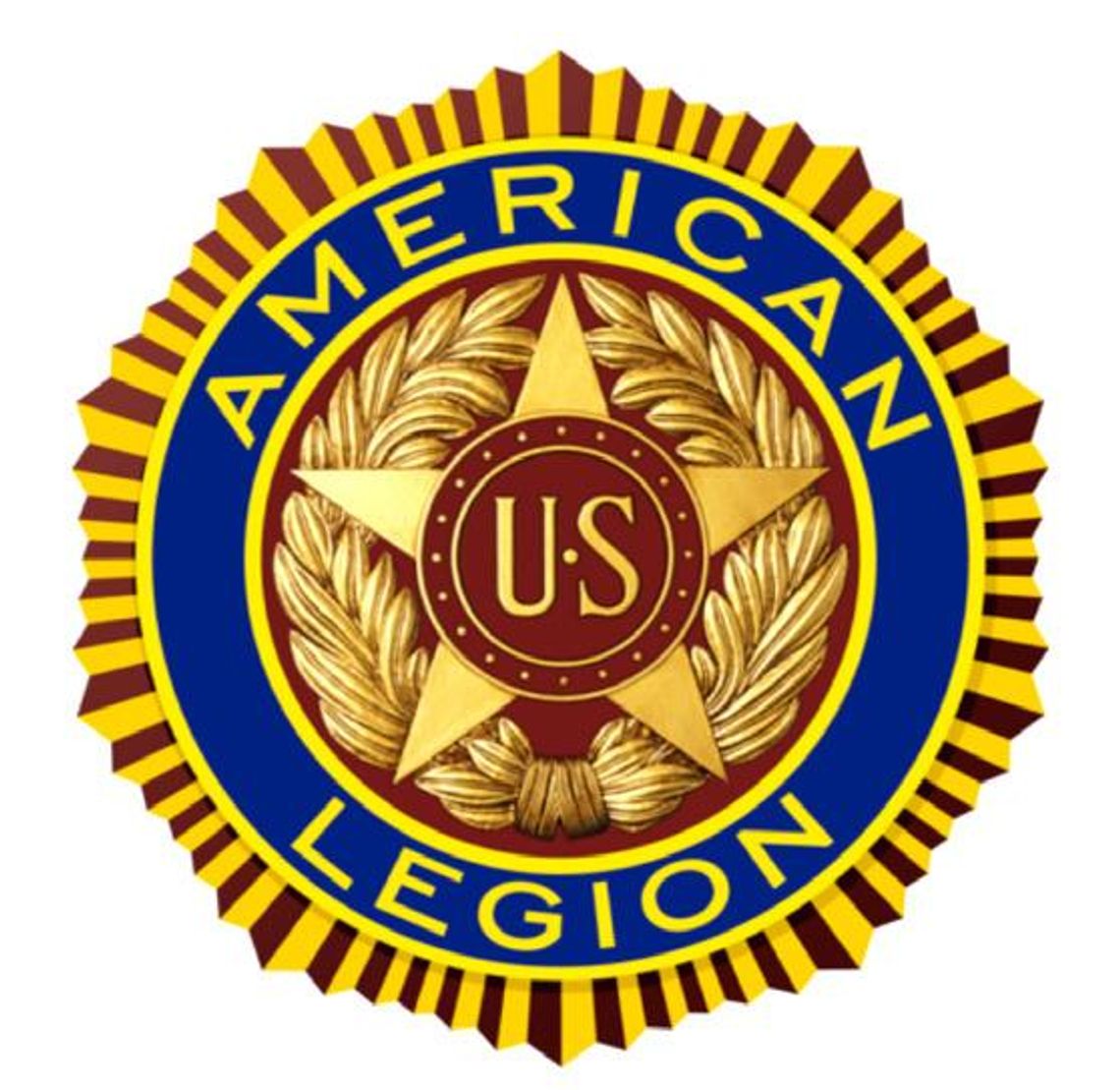Last week we learned that on May 4, 1950, The American Legion voted to contribute funds to the field of mental health and join with other mental health organizations to form the National Association for Mental Health. Many of our military suffered mental illness in WWII, which we now know as PTSD syndrome.
We also discovered that in 1954, The American Legion Child Welfare Foundation was developed as a resource for those wanting to contribute to the betterment of children in this country. Our foremost philanthropic priority is to contribute to the physical, mental, emotional, and spiritual welfare of children and youth.
Not all children grow up inside the comfortable definition of normal childhood development. For thousands, each day is a challenge marked by pain, prayer, and perseverance. To help overcome their obstacles, The American Legion Child Welfare Foundation was formed.
Moving on to the 1960s, the country is becoming involved in the Vietnam War, which actually began in 1954. The USA began sending troops around 1961. By 1965 many combat units were sent there and by 1969 more than 500,000 US troops were in Vietnam. On September 1, 1966, The American Legion voiced great concerns over the fate of our prisoners of war and urged Congress to form a committee to investigate our MIA/POWs.
Today the Legion is still working with Congress and the Defense POW/MIA Accounting Office for the accountability of missing persons. As of 2018, there were still 1592 missing. The biggest hurdle is that the Vietnam War was the only war we lost and consequently we do not have access to the land which prevents us from searching for our POW/MIAs.
For years, The American Legion supported a National POW/MIA Recognition Day. Eventually the National League of Families proposed the third Friday of September as a commemoration day. Now ceremonies take place throughout the nation and around the world on military installations, ships, schools and churches.
Resolution 288, adopted at the 67th American Legion National Convention, called for designating a POW/MIA Empty Chair at all official meetings of the American Legion as a physical symbol of the thousands of American POW/MIAs still unaccounted for from all wars and conflicts involving the Untied States.
To finish out the 1960s, The American Legion’s National Executive Committee established the National Emergency Fund as a result of Hurricane Camille that devasted the Gulf Coast.
Next week we move into the 1970s and 1980s.



